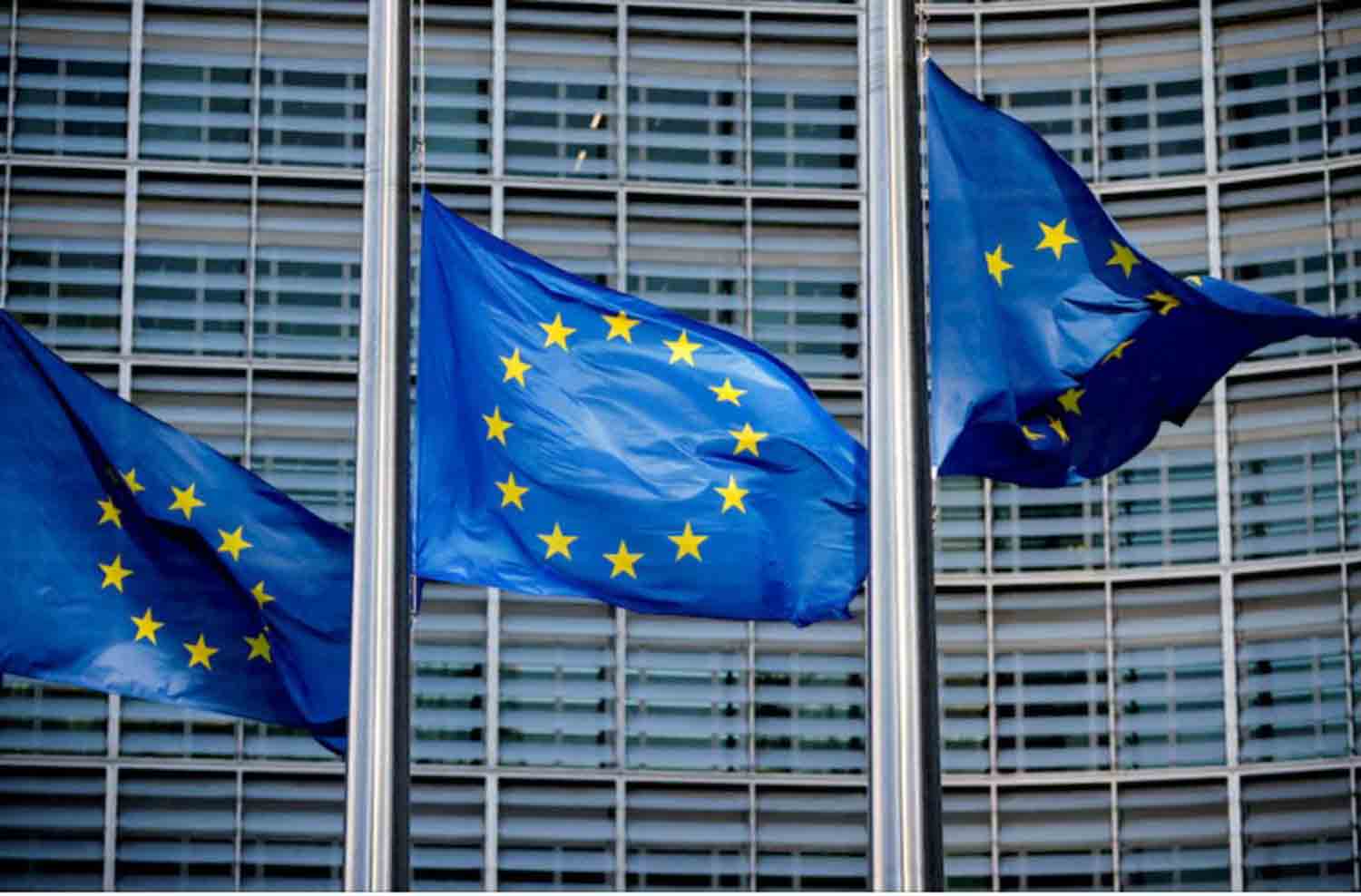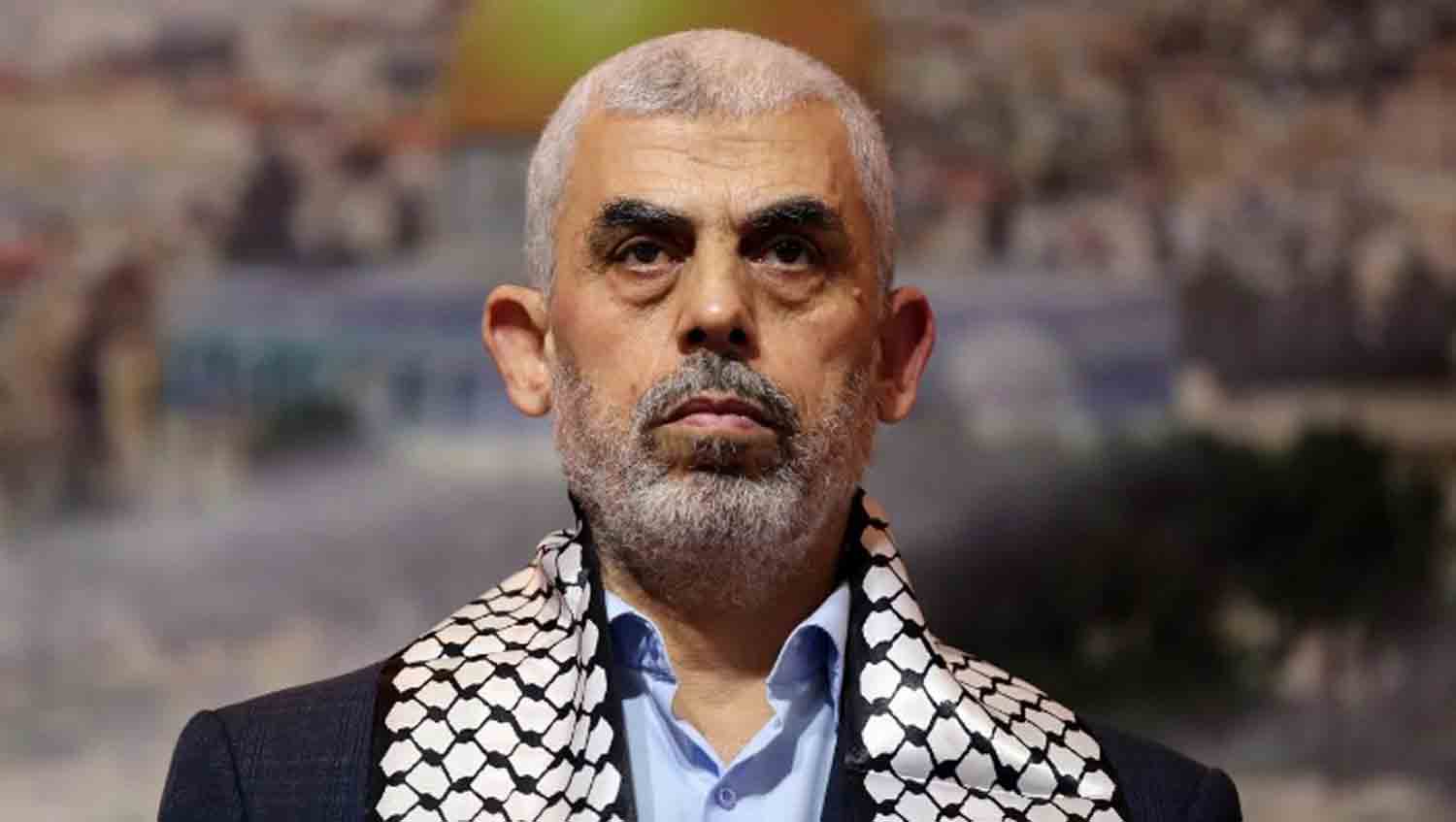Migration will be a central focus at the EU summit on Thursday, with Poland advocating for a unified EU response to the use of migrants as a tool by Russia and Belarus against the EU and other nations. Polish officials are pressing for stricter regulations regarding the repatriation of irregular arrivals, according to diplomats.
Additional agenda items include reaffirming leaders’ steadfast support for Ukraine in its fight against Russia’s aggression, as well as calls for a ceasefire and a reduction of hostilities in the Middle East, as reported by EU diplomats.
However, the most intense discussions are expected to revolve around the management of irregular migrants entering the 27-member bloc, both overland from the east and by sea from the south. Many EU governments perceive this influx as a political and security challenge that is contributing to the rise of populist and far-right movements and impacting electoral outcomes. “Migration will … be a major point of discussion,” stated Charles Michel, the meeting’s chairman, in his invitation to EU leaders.
We will concentrate on specific actions aimed at curbing irregular migration, which include enhanced control of our external borders, improved partnerships, and strengthened return policies, he stated.
Last year, the number of irregular migrants entering Europe was less than one-third of the 1 million recorded during the 2015 migration crisis. According to data from the EU’s Frontex border agency, this figure further decreased to 166,000 in the first nine months of this year.
However, there was a significant increase in the number of individuals arriving at the EU’s border with Belarus, which rose by 192% year-on-year from January to September, totaling 13,195. Additionally, arrivals in the Spanish Canary Islands off the western coast of Africa doubled to 30,616, as reported by Frontex.
Diplomats have observed that despite the decline in irregular arrivals, public sentiment remains influenced by incidents such as the Solingen knife attack carried out by an Islamic State member in Germany last August.
MIGRATION PRIMARY POLITICAL CONCERN IN EU nation
Migration has emerged as a leading political issue across many EU nations, according to a senior EU diplomat, who noted that right-wing politicians have characterized incidents like Solingen as indicative of a failed immigration discourse. “Populist parties are exploiting fear to manipulate this topic for their advantage, necessitating action to counter this narrative,” the diplomat remarked.
In anticipation of potential public backlash against irregular migration ahead of elections next September, Germany has implemented border controls with all neighboring countries, effectively suspending the passport-free Schengen agreement. Other nations, including France, Denmark, Sweden, Austria, Italy, and Slovenia, have also enacted border checks.
Poland, facing presidential elections in May, is seeking to temporarily suspend asylum rights for migrants entering from Belarus, a move many view as contrary to the EU’s fundamental rights charter. Warsaw cites Finland’s recent suspension of asylum rights in response to migrants crossing from Russia as a precedent.
In May, the EU reached an agreement on a new framework for managing migration, known as the Migration Pact, but its full implementation is not expected until mid-2026, leaving the bloc in a challenging transitional phase. Complicating the situation further, the Migration Pact lacks mechanisms to address the “weaponization” of migration by nations such as Russia and does not resolve the contentious issue of repatriating migrants whose asylum claims have been denied.
In a significant shift from previous policies, the European Commission announced this week that it would propose the establishment of “return hubs” in non-EU countries for migrants lacking the right to remain in the EU, contingent upon agreements with those nations.
Discover more from Defence Talks | Defense News Hub, Military Updates, Security Insights
Subscribe to get the latest posts sent to your email.





